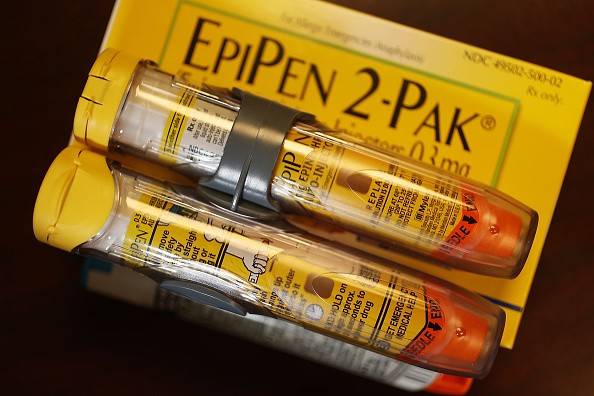
The skyrocketing prices of prescription drugs created atrocity for both patients and politicians. Some drugs prescribed to cure cancer bear price tags of not less than $100,000 per year. This is the reason why health insurances are greatly asking insured patients to cover a higher share of the expense.
The most recent infuriation pertains to the price of a lifesaving injection tool, EpiPen. This drug cures extreme allergies, which jumped to more than $600 for a set consisting of 2 pens, which was not more than $100 when Mylan Pharmaceuticals obtained the drug in 2007.
The New York Times reported that a bilateral party has ordered Mylan Pharmaceuticals to explain EpiPen's increasing cost. Other drug companies such as Valeant Pharmaceuticals International and Turing Pharmaceuticals have been called for congressional hearings too.
Based on studies, Americans usually say that drug costs are a foremost health care problem and have been the subject on the presidential campaign track. However, there are no easy answers.
There are many factors why prescription drugs in the US keep on soaring. The Journal of the American Medical Association review explains.
It shows that US drug manufacturers affix their own prices which are not the custom anywhere else in the world. Regions with national health agenda area represented by government bodies that negotiate costs of drugs or choose not to cover drugs with prices too expensive, as reported by The Daily News.
There are certain drugs where monopolies are protected by the government which hinders the generic drugs to entering the market for reduced drug costs. The state implements the patent system giving drug manufacturers the privilege to be the only manufacturer for 20 years or beyond. In addition, the Food and Drug Administration provides particularity for specific products especially those that cure rare diseases.
It would take a long time (or forever) for the FDA to approbate generic drugs. Accumulation of applications delays the approval from three to four years with drugs without patents, according to the study.
There are times that state laws as well as federal policies which are "well-intended", regulate the capacity of generics to lower down the costs. Apothecaries in 26 states are ordered by law to get patient's approval before shifting to a generic drug.
Lastly, drug prices are not truly validated by the Research & Development. Granted that drug makers frequently see research and development costs when on guarding expensive prescriptions, the affiliation is not exactly right.
If the issues regarding the high costs of these drugs will not be addressed, what will become of the poor and those who have no health insurance?



